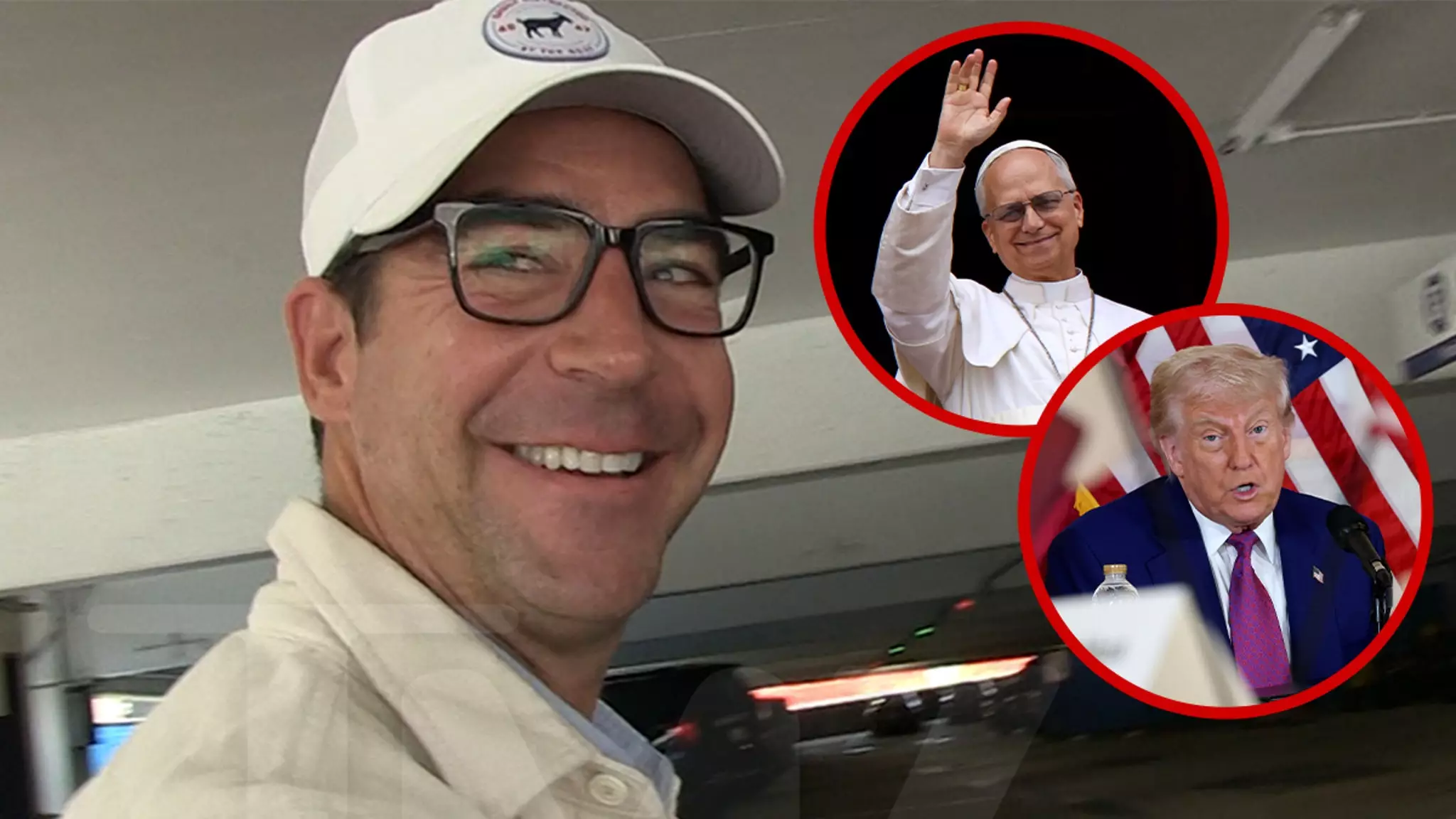In a climate where every utterance from a prominent figure can echo through political corridors, Fox News host Jesse Watters recently made headlines with his remarks on Pope Leo XIV’s liberal views. Watters’ perspective embodies a broader sentiment among conservatives, suggesting that despite the Pope’s significant moral standing within the Catholic Church, his influence on American politics is perceived as minimal. This assertion ignites reflection on the complex interplay between religious authority and political pragmatism in the United States.
Watters articulated a belief that American politicians will operate independently of papal guidance, asserting, “The pope does his thing, and America does our thing, and it’s all good.” This statement resonates with a strong sentiment among many who view the U.S. as a separate entity ruled by democratic ideals, rather than influenced predominantly by theological perspectives. It’s a fascinating dialogue: while the Vatican may convey messages intended to steer moral and ethical considerations, the American political machine appears unmoved by such guidance.
Pope Leo XIV and His Political Reach
The question arises, however, whether this detachment from the Vatican reflects a broader trend towards secularism in American politics or highlights a misunderstanding of the Pope’s potential influence. It wasn’t long ago that religious figures had a pronounced impact on political discourse; consider the Civil Rights Movement, where spiritual leaders guided public opinion and policy. Yet, as times have evolved and the societal landscape has diversified, the weight of religious authority seems to have diminished in the eyes of a significant swath of the political elite.
Watters’ remarks come on the heels of significant engagements, including an invitation for the Pope to visit the White House—extended by Vice President J.D. Vance. While Vance’s gesture illustrates an effort to bridge the gap between politics and faith, Watters dismissed the likelihood of such a visit, pointing out the traditional protocol where dignitaries travel to the Vatican rather than the reverse. His view could reflect an entrenched belief among conservatives that political favors and gestures hold little water in the grander scheme of their agenda.
The Broader Implications of Watters’ Views
It’s worth noting that Watters’ dismissal of the Pope’s contributions to U.S. politics may come from an overarching desire to maintain political sovereignty. In an age of rising populism and nationalism within the U.S., figures like Watters appeal to a base that resonates with the desire for a clear delineation between church and state. It’s a sentiment that not only reflects personal convictions but is emblematic of a wider ideological stance that prizes independence over external influence.
The interaction also raises a compelling question about the future of interfaith dialogue within American politics. If key media influencers and conservative figures like Watters are inclined to disregard potential avenues for cooperation with the Vatican, what does this forebode for broader societal discussions? Will theological perspectives continue to find their way into discussions of ethics and morality, or will they be relegated to the fringes of political discourse as secularism dominates?
Ultimately, Jesse Watters’ critical remarks about Pope Leo XIV serve as a microcosm of the larger philosophical rift within American society regarding faith and politics. As the nation navigates increasingly complex social issues, the relationship between religious leaders and political figures will warrant continued scrutiny.

